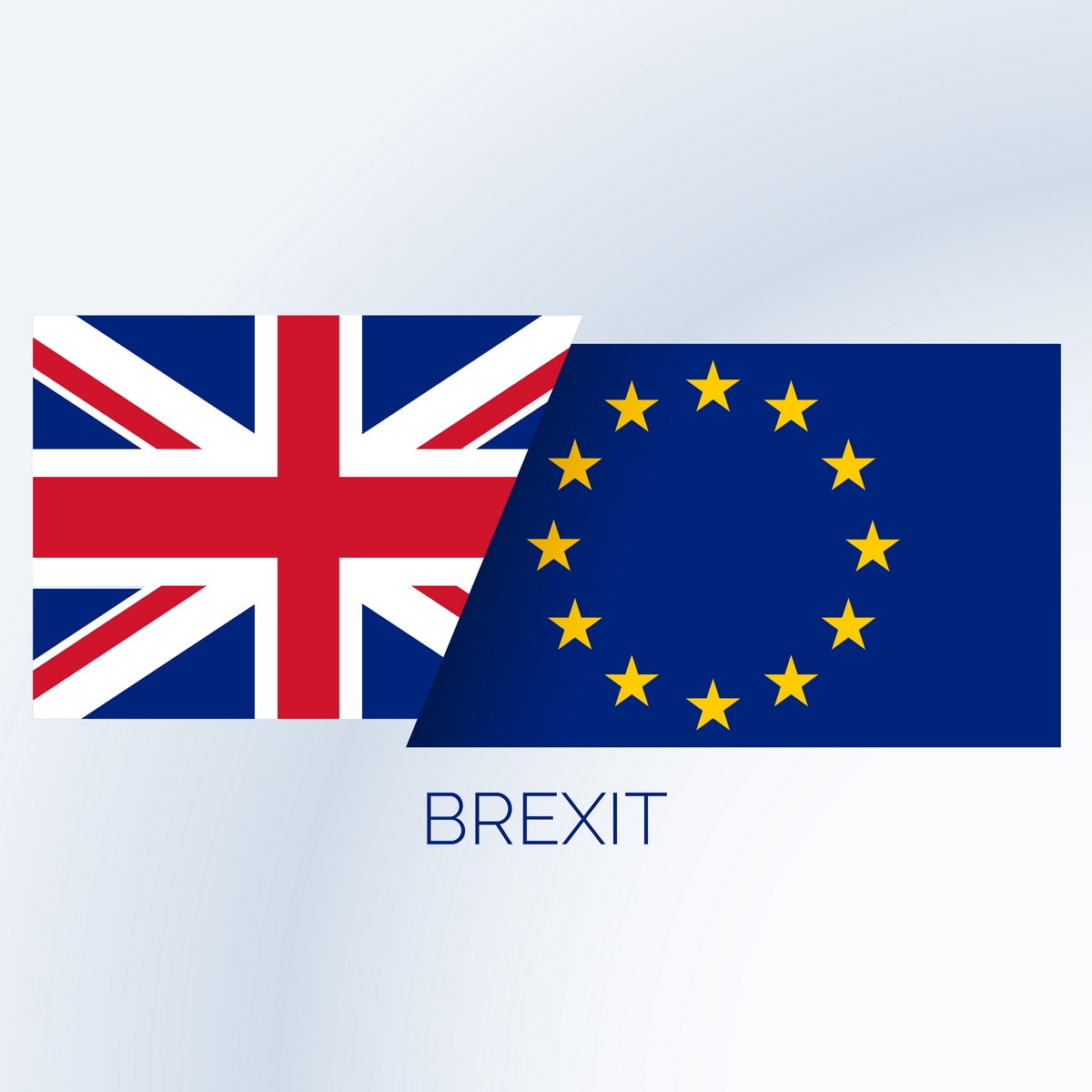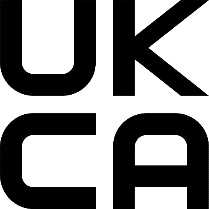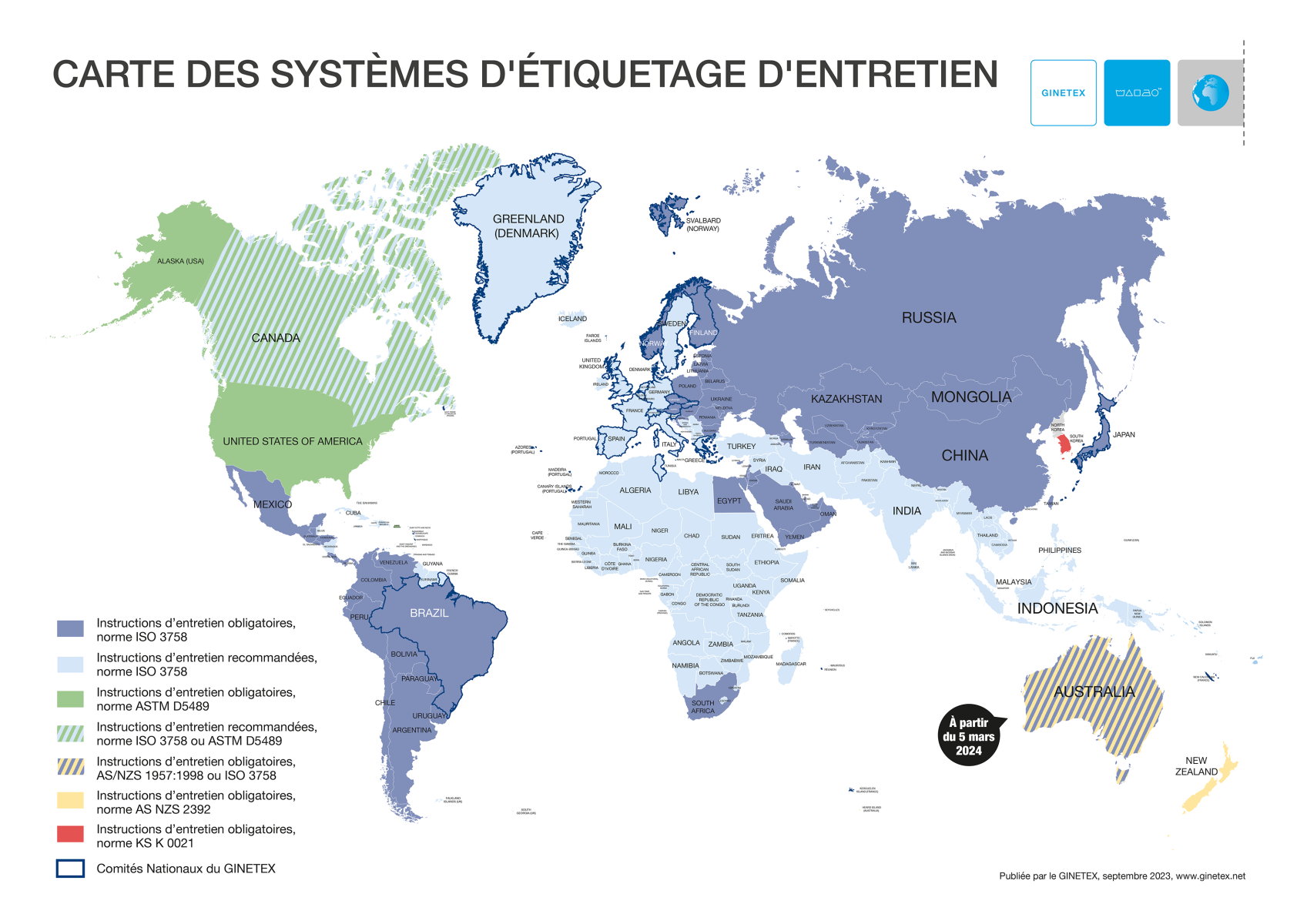Brexit: impact on textile labelling
The UK will leave the EU Single Market and Customs Union on 1st January 2021

Whilst businesses have had a long time to prepare, this change will have a dramatic effect on every element of United Kingdom (UK)/ European Union (EU) trade. A potential Free Trade Agreement between the UK and the EU will establish whether and which goods will circulate between these two areas on a tariff free basis as well as other issues around border controls.
However, even if there is a Free Trade Agreement between the UK and the EU, it is expected that
- Customs declarations will still be required at the border in both directions;
- ATA Carnets will be required for attending tradeshows;
- Companies will need to protect their design rights in the UK and the EU;
- there will be separate REACH requirements for the EU and the UK;
- and there will be special arrangements for goods moving through Northern Ireland.
If you bring manufactured goods into Great Britain from the EU or EEA and want to place them on the market, you will have new responsibilities. (Please note Great Britain refers to England, Scotland and Wales. Separate requirements apply to Northern Ireland).
Textile care labelling requirements: some will remain the same but some will change.
The following will remain the same
- There will be no change to the requirement to have full fibre content information fixed on the label of the garment. The content of EU regulation 1007/2011 will be passed in to UK law on 1st January, 2021.
- There will be no change to the care labelling requirements. There is no legal requirement to include care information but if you do not include care information, you would be responsible for any damage caused to the garment if the consumer had undertaken a reasonable cleaning process. Remember though that since 2018 the GINETEX symbols have been protected by trademarks in the UK.
- There will be no compulsory origin labelling unless the consumer could be misled as to where a garment was made.
The following are new requirements for products coming in to the UK from the EU
- You must label the goods with your company’s details, including your company’s name and a contact address in the UK as of 1st January 2021. Until 31 December 2022 these details can be on accompanying documentation. After that they will need to be permanently fixed to the product. However, in order to ensure the consumer is not mislead, this could mean that you would also have to include Country of Origin labelling on the garment.
- CE and UKCA Marking

The UKCA mark is a new product marking that will be used in Great Britain (i.e. it does not apply to Northern Ireland). It covers most goods previously covered by the CE mark including toys and PPE.
If you have any question on the impact and requirements in relation to Brexit, GINETEX is at your disposal for any complementary information at ginetex@ginetex.net
Tags : Care
Actualités
UN NOUVEAU PRESIDENT POUR LE GINETEX -
Le 8 Novembre 2024, Adam Mansell a été nommé président du GINETEX pour une période de 2 ans à compter du 1er janvier 2025. Il est le Directeur Général de UKFT.
ENTRETIEN DU LINGE – Quelle consommation d’énergie pour le séchage des textiles ? Le GINETEX dévoile les principaux enseignements de son étude sur son impact sur les cycles de séchage.
La norme ISO 3758:2023 a été publiée
Le 6 décembre 2023, a norme ISO 3758:2023, Textiles – Code d'étiquetage d'entretien utilisant des symboles, a été publiée par l’ISO.
Cette 4ème édition annule et remplace la 3ème édition (ISO 3758 :2012), qui a fait l’objet d’une révision technique.
RESULTATS DU 4ème BAROMETRE EUROPEEN IPSOS 2023
Quelles sont les habitudes d'entretien textile en Europe ?
RESPONSABILITE ELARGIE DU PRODUCTEUR (REP)
La loi AGEC impose depuis le 1er janvier 2022, l'apposition d'une signalétique TRIMAN et d'une info-tri sur les produits tels que les textiles d'habillement, le linge de maison et les chaussures.
UN NOUVEAU PRESIDENT POUR LE GINETEX
M. Thomas Lange, de l’association GermanFashion, a été nommé président de GINETEX pour 2 ans à compter du 1er janvier 2023.
RESULTATS DU 3ème BAROMETRE EUROPEEN IPSOS 2021
Les considérations environnementales sont au cœur des nouvelles habitudes d’entretien textiles des Européens.
BREXIT : L'IMPACT SUR L'ETIQUETAGE
Les régles d'étiquetage des textiles changent au 1er janvier 2021. Voici les principales évolutions.
Textile & Fashion Care Awards 2023: Les candidatures sont ouvertes !
Des Awards pour promouvoir l'entretien textile de demain
LA CHARTE SUR LE NETTOYAGE DURABLE
L’A.I.S.E. présente les premiers produits conformes aux nouveaux critères de la Charte du Nettoyage Durable et relance sa plateforme cleanright.eu
RÉSULTATS DU DEUXIÈME BAROMÈTRE EUROPÉEN IPSOS 2019
C'est une des tendances majeures qui ressort de ce baromètre: la durabilité des vêtements est au coeur des préoccupations des Européens qui souhaitent les préserver le plus longtemps possible.
GINETEX SIGNE LA CHARTE DE L'ONU
En signant la Charte de l’industrie de la mode pour l’action climatique des Nations Unies, nous poursuivons notre engagement sur les changements nécessaires à mettre en œuvre pour diminuer l’impact de l’industrie de la mode sur l’environnement.
COMMENT ENTRETENIR UN MASQUE EN TISSU ?
En cette période d'épidemie, le GINETEX vous donne les principales recommandations pour entretenir les masques de protection en tissu.
LE SITE CLEVERCARE.INFO FAIT PEAU NEUVE !
Cette nouvelle version s’enrichit de nouvelles rubriques pour devenir la référence des consommateurs en matière d’éco-entretien.
DEVENEZ MAÎTRE DE VOTRE LINGE, GRÂCE AUX CONSEILS DE L’A.I.S.E., DE L’APPLIA & DU GINETEX
Une liste de conseils courte et claire pour un entretien durable de nos textiles, dès l'achat de la machine à laver, jusqu'au rebut de l'emballage de lessive.
UN NOUVEAU PARTENARIAT
Le GINETEX est maintenant membre de la Sustainable Apparel Coalition - ces deux organisations mondiales unissent leurs forces pour un monde meilleur!
UN BAROMÈTRE POUR L’ÉTIQUETAGE D’ENTRETIEN TEXTILE EN EUROPE
Le GINETEX, en collaboration avec IPSOS, présente les résultats de son baromètre européens "les Européens et l'étiquette d'entretien textile
CLEVERCARE.INFO
Le GINETEX a conçu un logo pour l'entretien durable, applicable à travers le monde. Les consommateurs sont informés de la façon dont ils peuvent réduire leur impact environnemental lorsqu'ils prennent soin de leurs textiles.
UN NOUVEAU PRESIDENT POUR LE GINETEX
M. Alejandro Laquidain, de Consejo Intertextil Español (CIE), a été élu président du GINETEX au 1er janvier 2021, pour une période de deux ans.
Nos membres nationaux

Le GINETEX s'appuie sur un réseau de 22 Comités Nationaux en Europe, Amérique du Sud, Afrique et en Asie. Pour contacter le GINETEX dans votre pays, merci de vous référer à notre carte interactive.
VIDÉO

Le GINETEX a conçu un logo pour l'entretien durable, applicable à travers le monde. Les consommateurs sont informés de la façon dont ils peuvent réduire leur impact environnemental lorsqu'ils prennent soin de leurs textiles.
